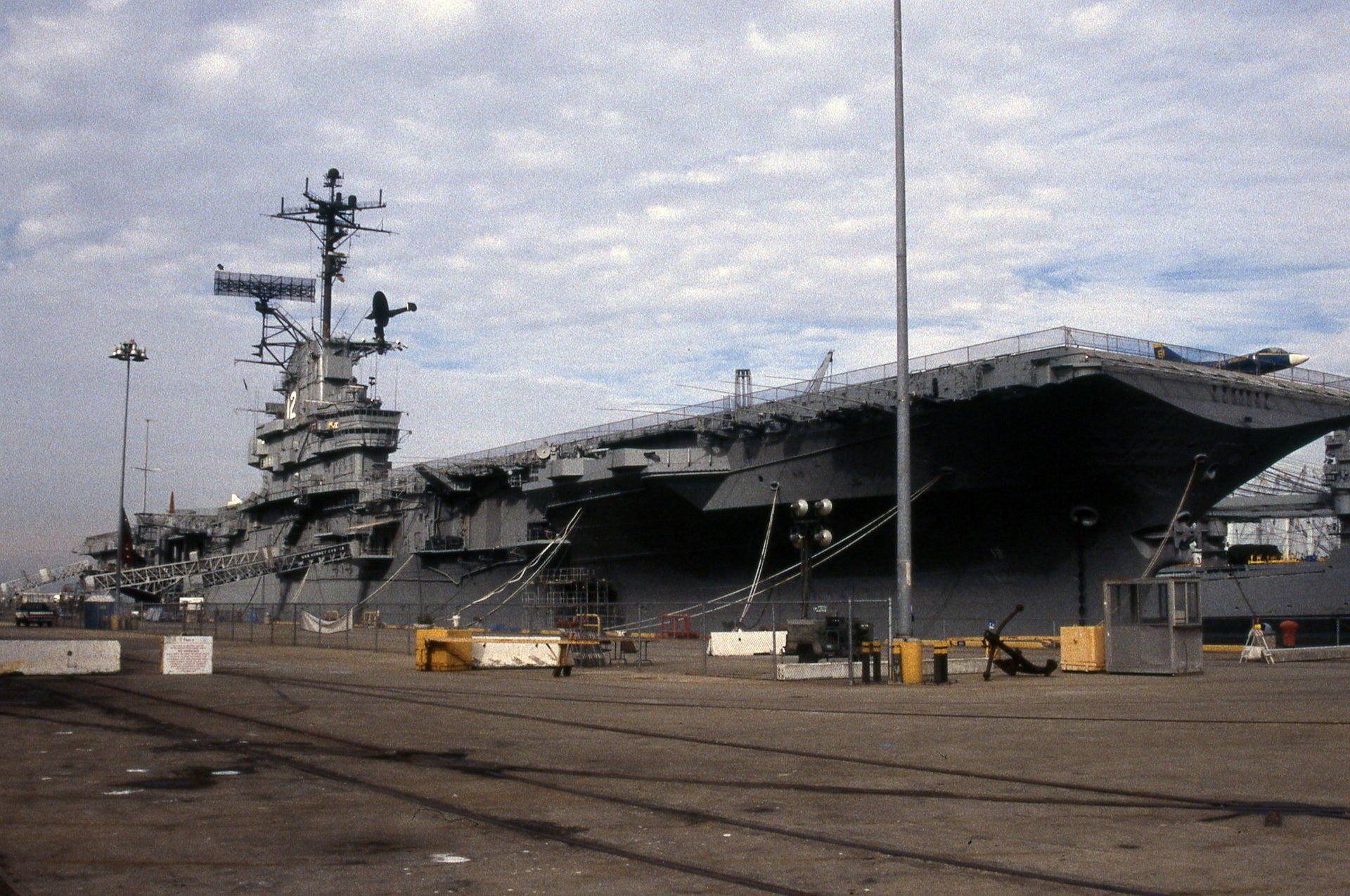Armed Forces Careers
Armed Forces Careers
The UK's land, air and sea-based armed forces take part in combat, peacekeeping and humanitarian missions around the world to defend the country and promote its interests
The UK's land, air and sea-based armed forces take part in combat, peacekeeping and humanitarian missions around the world to defend the country and promote its interests
From soldiers and pilots to engineers, medics and intelligence analysts, there are countless opportunities available, depending on your skills, interests and qualifications. There's plenty of choice when you're starting out, as long as you have the commitment and discipline to be successful.
Army Jobs
Army Jobs
The Army recruits to more than 100 separate roles in seven categories. Here are some examples of what's available:
- Combat - infantry officer, paratrooper, tank crewman.
- Engineering - aircraft technician, infrastructure engineer, vehicle mechanic.
- Human resources and finance - training and education officer, human resources officer, Royal Military Police soldier.
- Intelligence, IT and communications - intelligence officer, legal officer, operator military intelligence.
- Logistics and support - driver, chef, logistic supply specialist.
- Medical - biomedical scientist, mental health nurse, veterinary technician.
- Musical and ceremonial - household cavalry officer, household cavalry soldier, musician
Whether or not you're a graduate, to join as an officer you'll need to apply online and attend an interview with a local recruiter. Next you'll have an Army Officer Selection Board (AOSB) assessment, including a 24-hour briefing with physical and practical exercises, followed by a three-and-a-half day Main Board where you put your skills into practice.
Following an offer of employment you'll go on a pre-commissioning course before starting a 44-week course at the Royal Military Academy Sandhurst (RMAS). Once you've joined the Army there are lots of opportunities for professional development and career progression through the clearly defined ranking structure.
Explore more roles and apply by visiting the Army recruitment website. There are also opportunities for you to find out more about your local army career centres and attend virtual open days. You can also sign-up for "The Locker", which has all the films and articles you need to understand why there's no career like an Army career. Alternatively, if you're interested in joining the Army part time - with a minimum commitment of 19 days per year - consider the Army Reserve (previously known as the Territorial Army).
Check out this video about the application process for joining the British Army:
RAF Careers
The Royal Air Force (RAF) splits its jobs into the following categories:
- Aircrew - pilot, Remotely Piloted Aircraft System (RPAS) pilot, weapon systems officer.
- Air operations support - aerospace battle manager, air traffic control officer, flight operations officer.
- Force protection - RAF Regiment officer, RAF Police, firefighter.
- Intelligence - intelligence analyst, intelligence officer, photographer.
- Logistics - chef, driver, logistics officer.
- Medical and medical support - medical support officer, pharmacy technician, RAF medic.
- Personnel support - chaplain, media operations, physical training instructor.
- Technical and engineering - communications infrastructure technician, electrician, weapon technician.
Once you've decided which role is for you, you can apply online. There are seven steps in the recruitment process: an RAF aptitude test, selection interviews, health assessment, fitness test, pre-recruit training course, acceptance and training.
Find out more and apply by visiting the RAF recruitment website, where you can enter your age and level of education to see the jobs you're eligible for. Another entry route is through one of the RAF's apprenticeships. There are currently 23 apprenticeship roles to choose from, in careers such as cyberspace communication specialist, RAF regiment gunner, survival equipment specialist and aircraft technician.
As an RAF apprentice you'll earn a minimum of £17,835 plus benefits by the end of your first year (compared to the average civilian apprenticeship salary of £8,112), and there's a guaranteed RAF job for you once you've completed the programme in between one and three years. Learn more about RAF apprenticeships, or apprenticeships in general.
Check out this video to see a day in the life of an RAF Flying Officer:
Royal Navy Jobs
The Royal Navy is organised into five services:
- Fleet Air Arm - fighter jets and helicopters.
- Royal Fleet Auxiliary - provides fuel for ships and supplies for personnel.
- Royal Marines - an elite amphibious fighting force.
- Submarine Service - also known as the 'Silent Service'.
- Surface Fleet - destroyers, frigates, minesweepers, aircraft carriers, etc.
Across these five services there are nine branches:
- aviation
- chaplaincy
- engineering
- logistics
- medical
- Royal Marines Band Service
- Royal Marines Reserve
- Royal Naval Reserve
- warfare
Within these categories there are more than 100 different roles available, from aircrew officer pilot and medical officer to mine warfare specialist and weapon engineer officer. As with the Army and RAF, many graduates join the Navy as officers. If you apply for an officer role, there are several stages you'll need to get through: Naval Service Recruiting Test (NSRT) and informal interview, medical and eye tests, fitness tests, interview, Admiralty Interview Board, and security and reference check. You'll then start your training.
The Admiralty Board Interview includes an essay, leadership task, planning exercise and presentation, interview, psychometric tests and a fitness test. Get some general advice on how to approach psychometric tests. The alternative to starting as an officer is to join as a rating, while for part-time roles there's the Royal Naval Reserve. Explore in more depth and apply by visiting the Royal Navy recruitment website. Another option is to join the Royal Marines as a commando, officer or reserve. Learn more about joining the Royal Marines.
Check out this video to find out more about Royal Navy apprenticeships:
Practice applying for an entry level job
So you know what you are up against, practice applying for an entry level job in the armed forces as an ENGINEERING TECHNICIAN (WEAPON ENGINEERING) and see if you get an interview
Apply Now
Back to Careers


